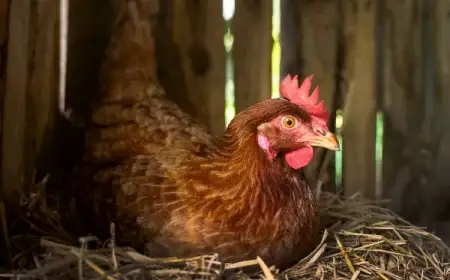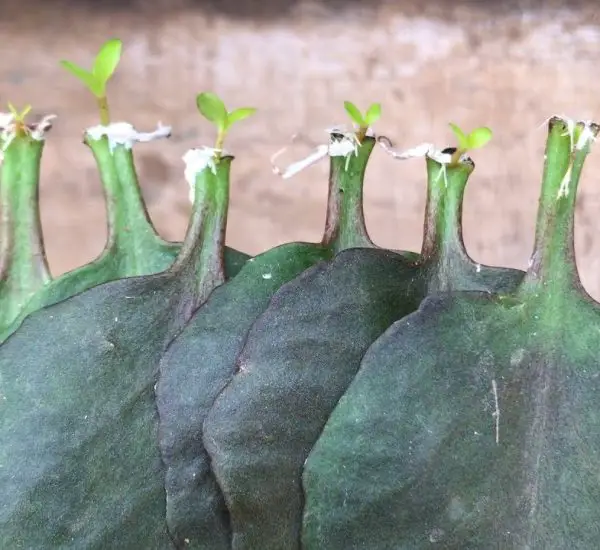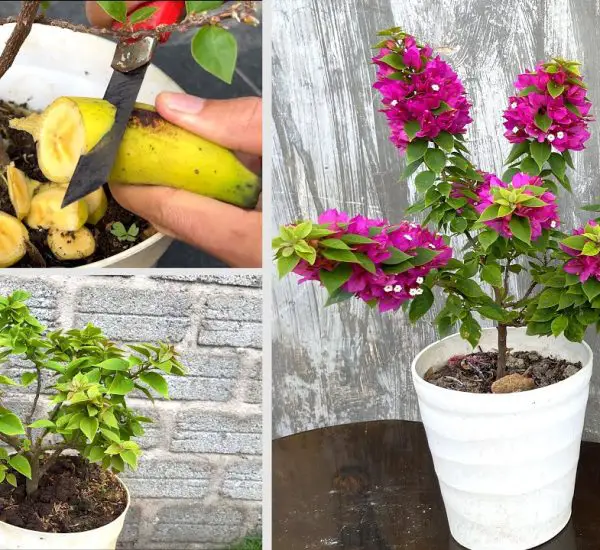Discover why gardeners are turning to chicken manure for their crops, its benefits, and how to effectively use it in your garden.
Is Chicken Manure Good for the Garden?
Chicken manure is highly beneficial as it contains nitrogen, potassium, phosphorus, and essential trace elements that enrich soil quality and pH levels. Unlike other composts that take years to decompose, chicken manure breaks down quickly, offering a nitrogen content four times higher than compost.
How to Use Chicken Manure as Fertilizer:
To use chicken manure effectively, mix it with equal parts of dead leaves and plant waste. Alternately layer wet and dry compost, regularly turning it to ensure proper decomposition. Once it resembles potting soil, apply 1-2 kg per square meter of garden space.
When to Use Chicken Manure:
Apply chicken manure three months before planting, enriching the soil from September to November or February to April. Avoid direct application to prevent root burns; instead, integrate it into compost or mulch for gradual nutrient release.
Plants that Benefit and Those to Avoid:
Heavy-feeders like tomatoes, eggplants, pumpkins, and potatoes thrive with chicken manure’s nutrients. However, legumes such as peas and beans prefer nitrogen from the air and may not benefit from chicken manure.
Is Chicken Manure Good for Tomatoes?
Tomatoes, needing nitrogen for growth, benefit from chicken manure. It helps reduce acidity and provides essential nutrients like magnesium and calcium, crucial for healthy roots and disease resistance.
By understanding how to properly use chicken manure as fertilizer, you can enhance your garden’s productivity while ensuring optimal plant health and growth.



